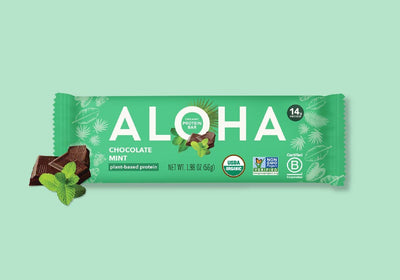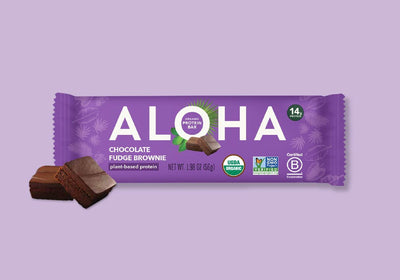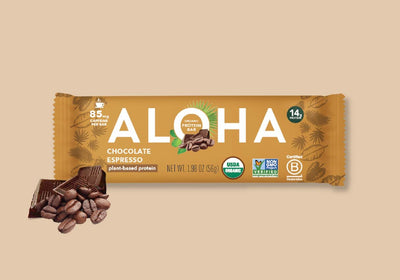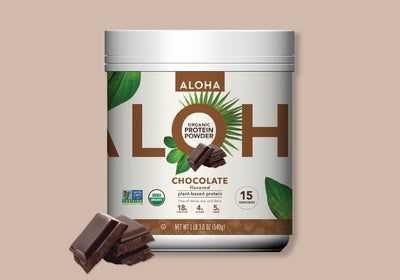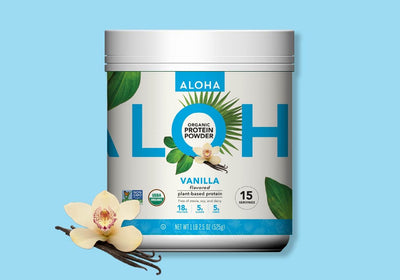One of the most significant aspects of protein in regards to women's health is its profound impact on weight management. Protein is not just essential for muscle repair and growth; it also plays a crucial role in helping manage body weight effectively. Understanding how protein can be leveraged for weight management can empower women to make more informed dietary choices that support their health and fitness goals.
Satiety And Fullness
Protein is more satiating than carbohydrates and fats, meaning it can make you feel full for longer periods. This is because protein reduces the level of the hunger hormone, ghrelin, while boosting the levels of peptide YY, a hormone that makes you feel satiated. By including more protein in your diet, you can increase feelings of fullness, which helps reduce overall calorie intake and can lead to weight loss or help maintain a healthy weight.
Increased Metabolism
Consuming protein can also increase the number of calories you burn. This is attributed to the thermic effect of food (TEF), which is the energy required by the body to metabolize food. Protein has a much higher thermic effect compared to fats and carbohydrates, meaning your body uses more energy to process protein. By increasing your protein intake, you can boost your metabolism, which helps burn more calories throughout the day, aiding in weight management.
Preserving Muscle Mass
When losing weight, it's crucial to preserve muscle mass, which is where protein intake comes into play. Adequate protein consumption helps ensure that the weight lost is predominantly fat and not muscle. Muscle mass is metabolically active, meaning it burns calories even when at rest. By preserving muscle mass through proper protein intake, women can maintain a more active metabolism, supporting long-term weight management goals.
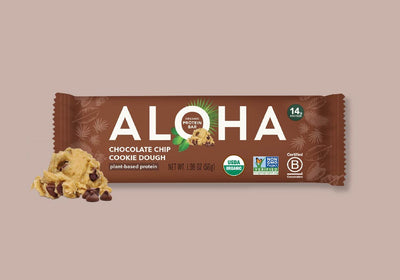
 collection header image
collection header image
 collection header image
collection header image

